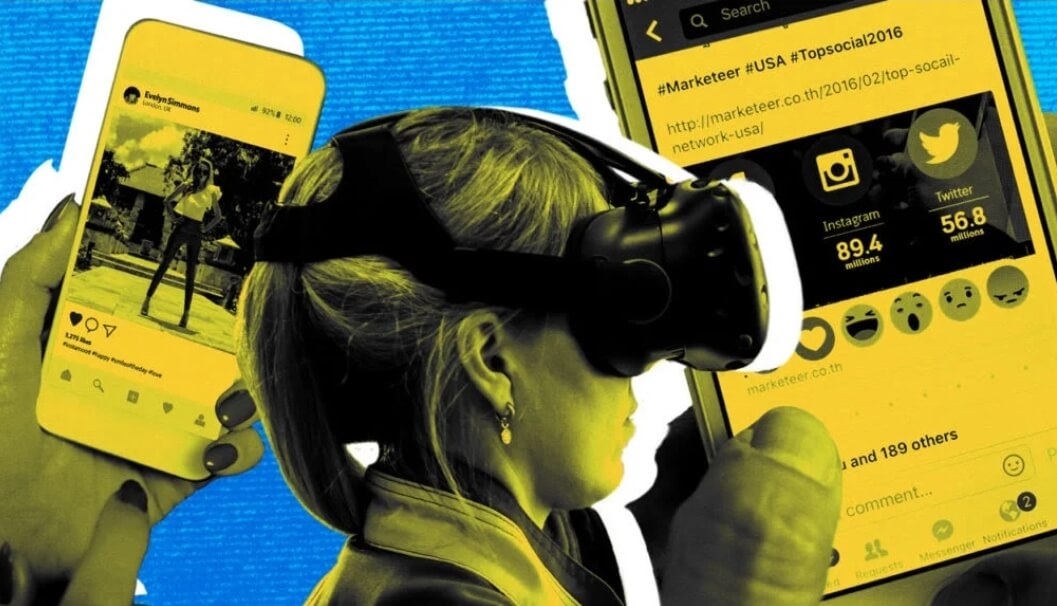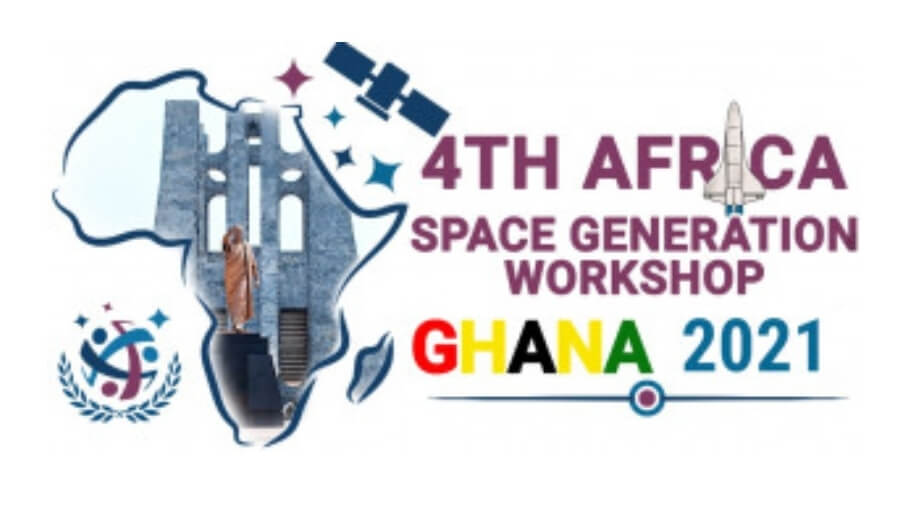When It Comes To Sensible Drone Policy Africa Leads The Way

It has taken an event of almost biblical proportions to demonstrate just how much we truly rely on the care and services medical practitioners give us. But the pandemic has also shown us how these services worldwide need to adapt to better face another such challenge should, or when, it next arises.
A 2018 UK Royal College of Physicians report concluded on any day, five per cent of the UK’s road traffic was related to the NHS. As many millions of workers sit at home at kitchen tables or in makeshift ‘bedroom offices’, nearly all will have embraced web conferencing technology such as Skype, Zoom and Jabber. This moment in time has allowed us to road test technological innovation at a scale we could have never achieved previously, without needing to use the road.

As I sit here and write this a quarter of the world is in lockdown. What COVID-19 has shown us all is our dependence on ‘man-in-a-van’ to transport and dispense blood and tissue samples, human transplant organs and potentially life-saving medicines, where quite often speed of delivery is a critical factor, which when we are being asked to remain in isolation can prove to be quite a challenge.
Read also: Rwanda to get world’s first DronePort from Foster + Partners
Which is where the use of drones can come in and is an area of technology medical blue light services should not only grasp, but champion the use of. Using drones will be quicker, safer and use energy from renewable sources. As anyone who has lived in any large city will testify, it can be quicker to walk than drive. But using a drone would be quicker still.
This may sound futuristic, but ironically, it is happening now. In Africa. US start-up Zipline has been delivering medication and blood supplies to remote villages in Rwanda since 2016 and they have just started operations in Ghana. These operations take drones beyond the line of sight. That is an important point to appreciate.
Europe and the US restrict drone services to line of sight operations. Just as was the case with mobile telephone technology, mobile banking and other things, Africa has leap-frogged over the old technology and is going straight to a new paradigm. We should watch and learn.
While we continue to either insist on line of sight operations, or otherwise clear the airspace of all other flying objects before letting drones fly; in Africa, in mixed airspace, well away from the operators’ line of sight, the sky is being opened up for drone deliveries and other things.
Read also: The rise of Artificial Intelligence in Africa
Recently, in Rwanda, the African Drone Forum organized the Lake Kivu Challenge, which showed drones and manned aircraft can share the sky safely and securely if all the actors and agencies involved agree on the rules of the game. All around the world, we need to follow this example, get the rules in place and have unmanned vehicles in complex controlled airspace. This is known as unmanned air traffic management (UTM).
It is all about managing the airspace for manned and unmanned vehicles alike and as far as possible automating the processes. That is a regulatory task. There are no technology impediments. It is possible to do it today. Altitude Angel, a UK start-up, provided the UTM services for the Lake Kivu Challenge. [Full disclosure, Altitude Angel is a client of my firm.]
The iron is hot, so regulators must get their acts together and learn from Africa and make the changes that will allow drones to operate safely to add value and to save lives. Because, hopefully, opportunities like this won’t come around that often…
Our thoughts are with those who are suffering with the effects of coronavirus and the amazing men and women of who are doing all which is humanly possible to treat them. Aviation regulators can do their bit to help too. we mustn’t lose the chance to do something positive from this troubling time.
Source: Andrew Charlton
Oral Ofori is Founder and Publisher at www.TheAfricanDream.net, a digital storyteller and producer, and also an information and research consultant.




